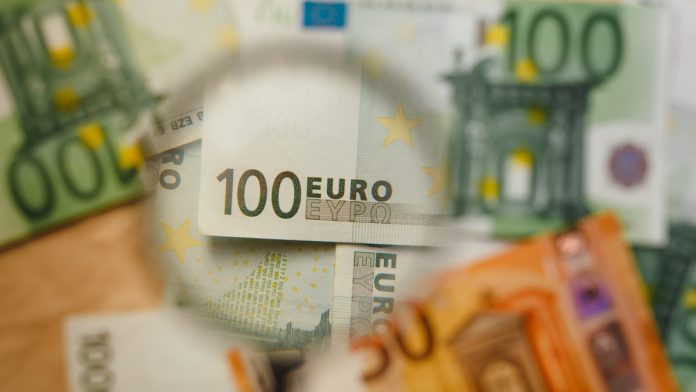- Pound (GBP) pares yesterday’s losses
- UK construction activity rebounds
- Euro (EUR) eases after ECB inspired gains
- German factory orders due
The Pound Euro (GBP/EUR) exchange rate is rising, paring losses from the previous session. The pair fell -0.57% on Monday, settling at €1.1253, after trading in a range between €1.1251 – €1.1323. At 05:45 UTC, GBP/EUR trades +0.14% at €1.1269.
The pound fell on Monday as investors looked past upbeat UK contraction PMI data. The figures showed that the sector rebounded in February, growing at the fastest pace in 9 months. The construction PMI jumped to 54.6 in February, up from 48.4 in January after the improved global outlook boosted commercial projects.
The data comes after service sector PMI data was also upwardly revised on Friday, suggesting that the UK economy is holing up better than expected.
Looking ahead, there is no high-impacting UK economic data due to be released today. Investors could look towards the Halifax house price index for further clues about the health of the UK economy.
The euro pushed higher yesterday despite weak data. Eurozone retail sales ticked up by less than expected in January, suggesting a weak start to the year for consumers as prices remain stubbornly high. Retail sounds in January rose 0.3% month on month after falling -2.7% in December. Analysts had expected a 1% rebound.
Separately the eurozone Sentix investor confidence dropped sharply in March to -11.3, down from -8 in February. The data was much worse than expectations of a decline to -8.6. Investor confidence had been improving however, these figures do you suggest that recession fears may return.
The data comes as ECB members continue to sound hawkish, supporting the euro. ECB policymaker Richard Lane is the latest governing board member to suggest that rates may need to rise further after the March meeting. The ECB is expected to hike rates by 50 basis points in March.
Today attention is turning towards German factory orders, which are expected to show a rise of 0.3% month on month in January after rising 3.2% in December.





